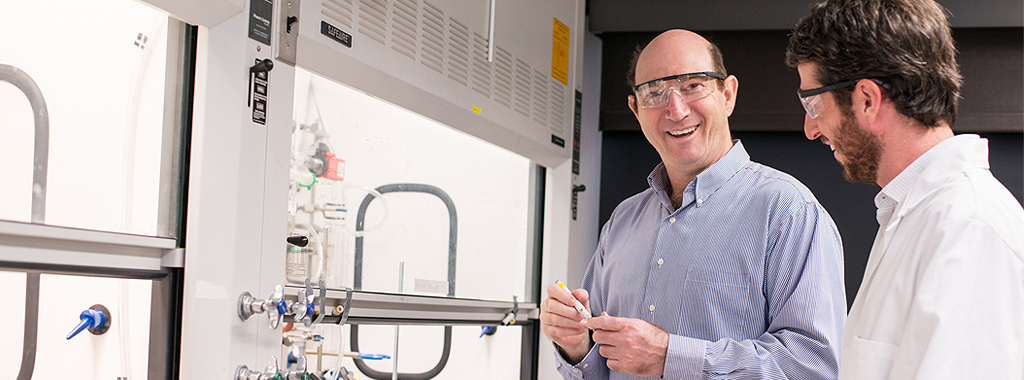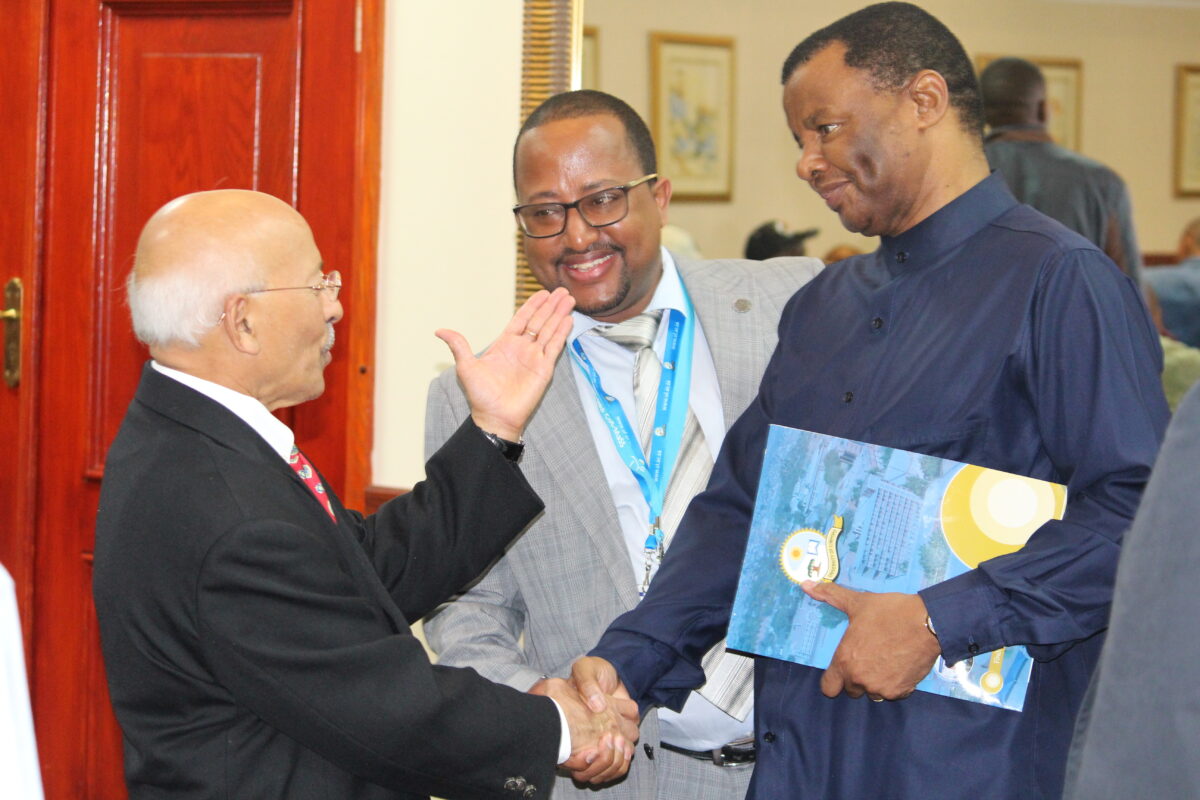Local sustainability researchers and thought leaders took center stage on October 16, 2015, at a forum for urban sustainability in Baltimore, hosted by UMBC’s School of Public Policy. The forum was designed to examine how collaborations among government agencies, companies, and nonprofits can improve sustainability policies and programs. It also emphasized how a broad range of perspectives is needed to effectively assess and address environmental concerns.
This isn’t news to Claire Welty, professor of chemical, biochemical, and environmental engineering and director of UMBC’s Center for Urban Environmental Research and Education. Welty is the associate director of research for the Urban Water Innovation Network (UWIN), recently created through a $12 million commitment from the National Science Foundation (NSF).
Global climate change and extreme events can impact water security and be costly to economies. Through UWIN, UMBC and 13 other academic institutions and key partners, including Princeton University and the University of Pennsylvania, will address challenges that threaten urban water systems in the United States. Led by Colorado State University, UWIN will create solutions to help communities increase resilience in their water systems and boost preparedness for responding to water crises.
The research completed by UMBC and other UWIN partners will produce sustainability blueprints for cities of various sizes, detailing the likely effects and tradeoffs of potential solutions to urban water problems. This will serve as a guide for actions urban centers can take to improve their water security.
UMBC’s strong research and education programs focusing on stormwater management, water quality control, and urban biodiversity will serve as major assets for UWIN. In addition to Welty, Andrew Miller and Christopher Swan, both professors of geography and environmental systems, will play an active role in the collaboration.
NSF also recently announced a major $20 million award to expand the Center for Sustainable Nanotechnology (CSN), which uses fundamental chemistry to explore how modern nanomaterials interact with the environment and living organisms. Zeev Rosenzweig, professor and chair of chemistry and biochemistry at UMBC, is leading UMBC’s participation in the CSN, which includes 13 faculty from research institutions across the United States.
Nanotechnology involves the use of materials at the smallest scale, including the manipulation of individual atoms and molecules. There are hundreds of products that use nanoscale technologies in various ways, including beer bottles, car wax, electric and hybrid car batteries, and even Kindle devices, but there are still many concerning unknowns when it comes to how tiny particles interact with biological systems.
“This research center will greatly impact society by preparing next generation nanomaterials that retain high function, while being safer for human health and the environment,” said Rosenzweig.
Each of these projects demonstrates the need for collaboration across disciplines and institutions to develop optimal solutions for environmental problems. Faculty, staff, and students across UMBC are participating in this work in innumerable ways, from the Maryland Green Prisons Initiative, to reducing phosphorus loads in Maryland’s waterways, to constructing new buildings on campus that have been recognized for leadership in energy and environmental design.
In just one week, a UMBC research forum on climate change and the environment will bring together faculty from all three colleges for discussions that may inspire even greater collaboration.
At the recent urban sustainability forum in Baltimore, researcher Eric Zeemering shared, “I think it’s very important that we need to discuss strategies beyond ‘green.’” Zeemering told the crowd that when it comes to developing partnerships to tackle sustainability issues, “Baltimore can continue to be a model for the rest of the nation.”
Image: Zeev Rosenzweig, professor and chair of chemistry and biochemistry, is leading UMBC’s participation in the Center for Sustainable Nanotechnology. Photo by Marlayna Demond ’11.
Tags: CAHSS, CBEE, ChemBiochem, CNMS, COEIT, CUERE, GES, PublicPolicy




